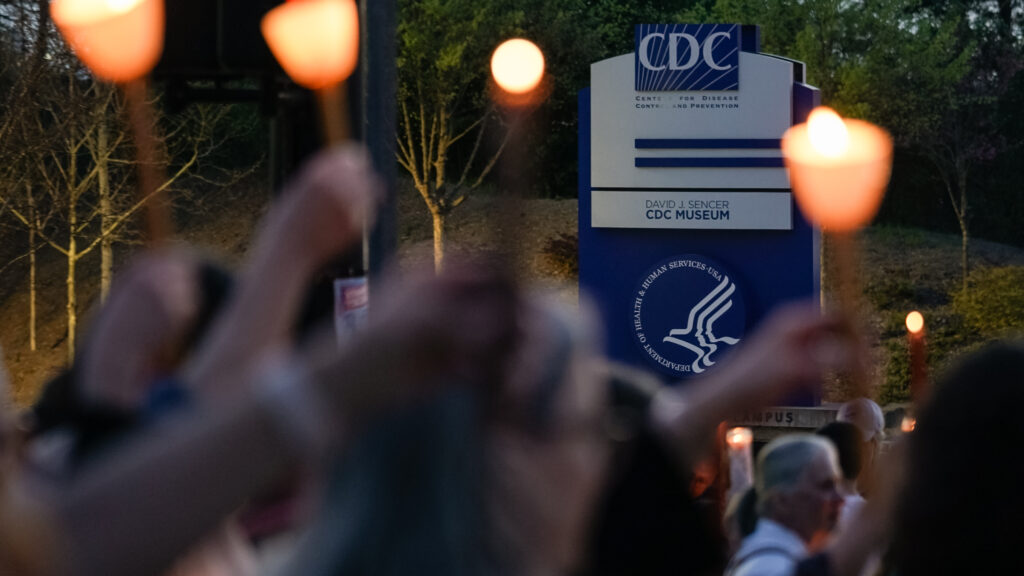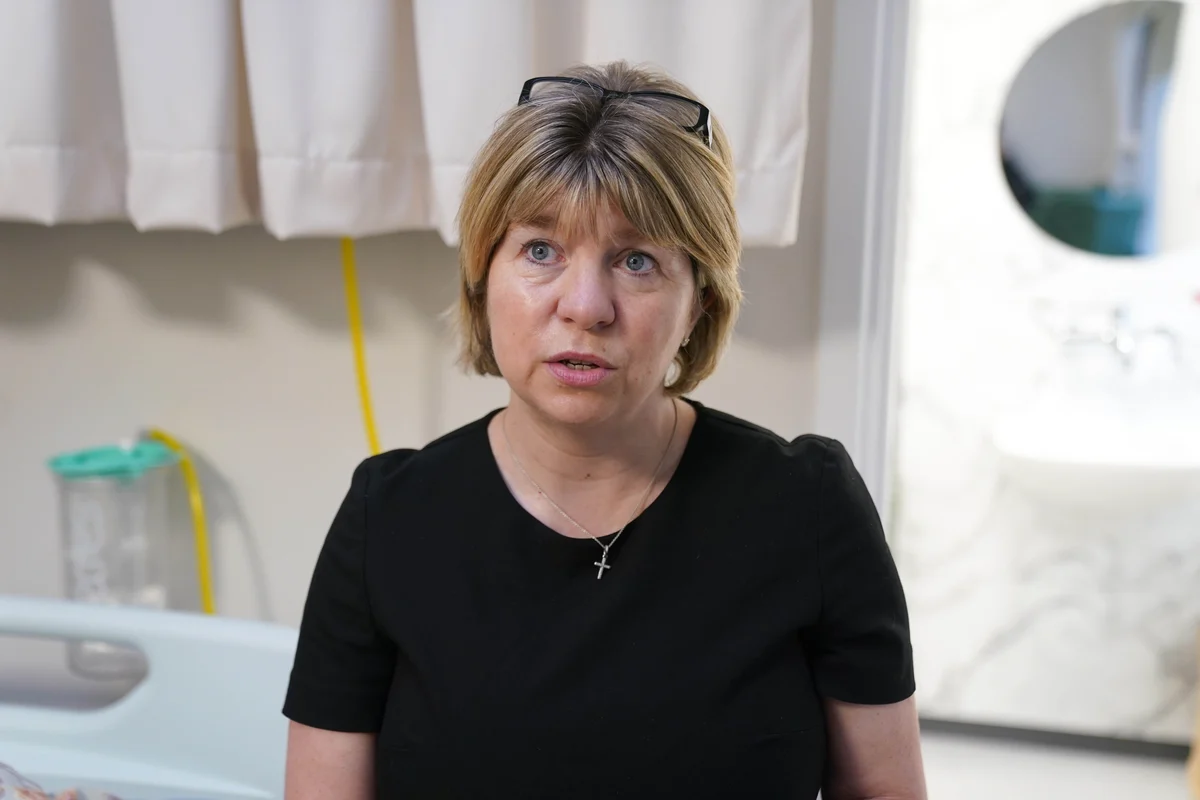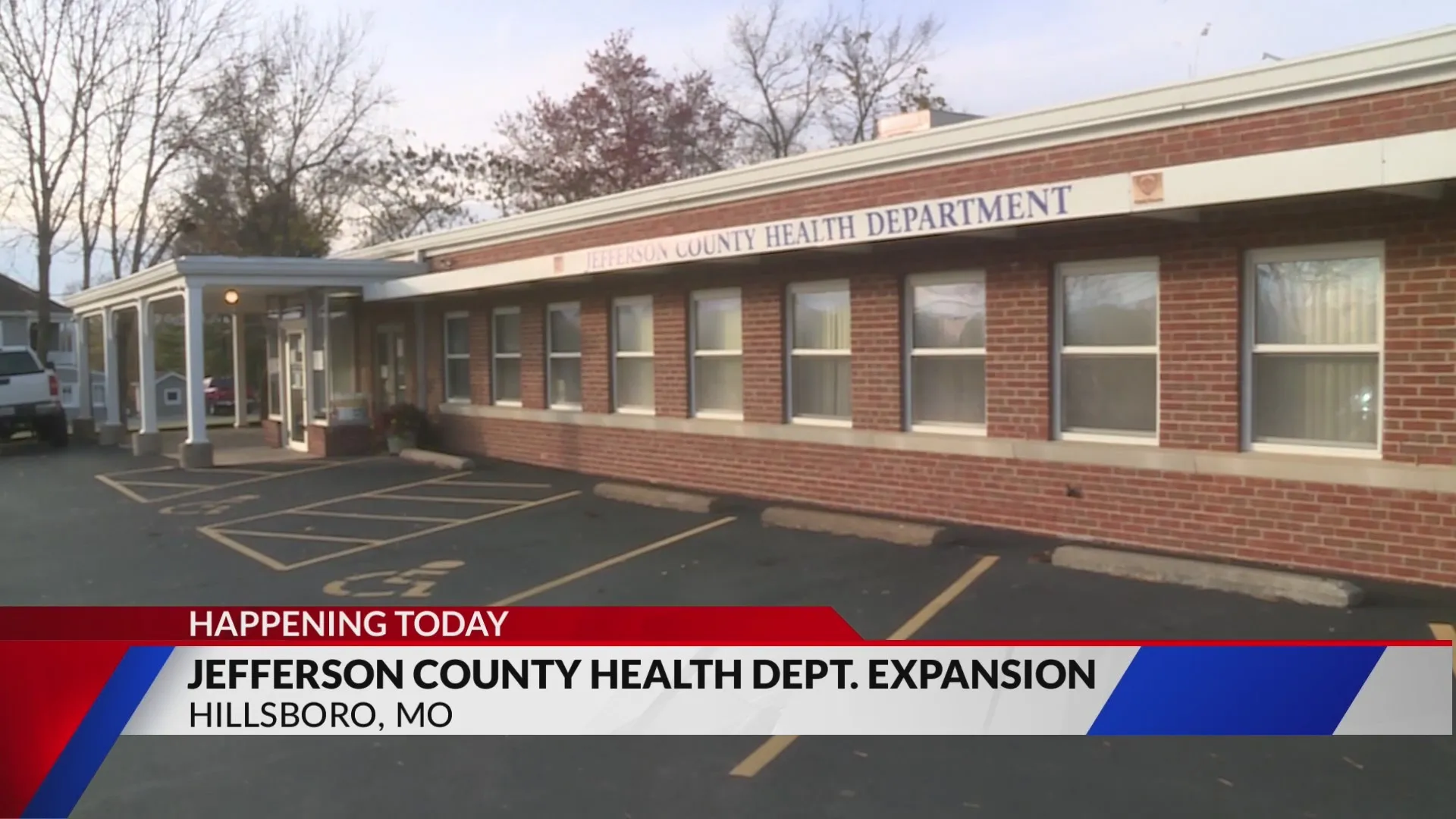
Early in the Covid-19 pandemic, a severe post-infectious complication of SARS-CoV-2 emerged globally called multisystem inflammatory syndrome in children (MIS-C), affecting mostly previously healthy children of school age. The great majority of these children were admitted to the intensive care unit, not due to pneumonia, but because of life-threatening cardiovascular involvement including myocarditis. CDC investigators were tracking MIS-C closely in national surveillance networks and through collaboration with state public health reporting. As of Sept. 2, 2025 there have been 9,783 cases of Covid-19-related cases of MIS-C in the U.S., including 80 deaths reported to the CDC.
Once clinical trials showed that Covid-19 vaccines were safe and effective in children and the FDA granted their emergency use authorizations, the CDC launched a series of public health investigations to assess their safety and effectiveness. The results of these investigations were shared with ACIP in real time, presented at public meetings, and later published in leading medical journals. The outcome of vaccine effectiveness is examined using a case-control design and reports on how much the vaccine reduces the risk of complications from infection in people who were exposed; as such, reductions of even 25–50% can be meaningful and important.
Advertisement
Recent rhetoric has implied that there were never data demonstrating the efficacy or effectiveness of Covid-19 vaccines in children. This will also be a heated topic at Friday’s Advisory Committee on Immunization Practices (ACIP) meeting, where a vote on pediatric Covid-19 vaccine is expected.
I was the U.S. Centers for Disease Control and Prevention director who approved the ACIP recommendations for children to receive Covid-19 vaccines in 2021 (ages 5-17) and 2022 (6 months and older). These recommendations were made after public review of surveillance data, the trial data, and the burden of Covid-19 in U.S. children.
Regarding adolescents: I approved the ACIP recommendation for the Covid-19 vaccine for adolescents in May 2021. In February 2022, the CDC published a vaccine effectiveness estimate comparing 445 adolescents hospitalized for Covid-19 (180 admitted to the intensive care unit) to more than 700 controls. Covid-19 vaccination was 94% effective in preventing hospitalization and 98% effective in preventing the need for life support. all seven patients who died were unvaccinated. Vaccine effectiveness was diminished, but still meaningful (43%), in a study of over 2,000 adolescents conducted during the omicron period of late 2021 to early 2022.
Advertisement
Regarding children ages 5 years – 11 years: In November 2021, the Covid-19 vaccine was recommended for 5-11 year olds. In May 2022, the CDC published an updated vaccine effectiveness estimate showing decreasing hospitalization in children during omicron, especially for life threatening illness, with a vaccine effectiveness of 68%. Covid-19 vaccination was also associated with a decreased likelihood of MIS-C (which can lead to death) in U.S. children ages 5-18 years. In one study from Denmark, vaccine effectiveness against MIS-C was 94%.
Regarding children 6 month – 4 years: In June 2022,the Covid-19 vaccine was authorized for young children. The vaccine effectiveness from 2022-2023 for this age group was 40% in preventing hospitalizations. Limited vaccine uptake — and therefore a sparse number of measurable outcomes — in this age demographic has made it difficult to power further studies. However, data from the April 2025 ACIP meeting demonstrated that for children under 4, the number of Covid-19 and influenza-related hospitalizations were roughly equivalent. One in five children and adolescents hospitalized for Covid-19 resulted in an intensive care unit stay; less than 5% of children hospitalized for Covid-19 had received the most recent vaccination.
Regarding infants under 6 months: Infants are especially vulnerable to being hospitalized for Covid-19, and CDC showed that maternal vaccination was 52% effective in preventing severe disease among their newborns and confirmed that Covid-19 vaccination during pregnancy was safe. The effectiveness of vaccinating mothers to prevent severe disease in infants is monitored on an ongoing basis and data continue to support maternal COVID-19 vaccination.
Vaccination recommendations require continuous review, incorporating updated data on circulating strains, population immunity, disease burden, and vaccine effectiveness. Previously, ACIP, which meets three times a year, published these evaluations through their “Evidence to Recommendations Framework.” For 2024–2025 Covid-19 vaccines, data demonstrated that Covid-19 caused more pediatric deaths than influenza in children under 1 year (58 deaths), 1–4 years (44 deaths), and 5–19 years (81 deaths). Pediatric Covid-19 hospitalization rates were comparable to those of other serious vaccine-preventable diseases prior to widespread vaccination — such as pneumococcal, meningococcal, rubella, and varicella — and Covid-19 mortality was higher. More than half of hospitalized children had no underlying health conditions.
Advertisement
During the pandemic, skeptics argued that because children died from Covid-19 at rates roughly 1,000 times lower than older adults, vaccination for children was unnecessary. This reasoning is profoundly misguided. As I testified before the Senate on May 19, 2021: “I think we fall into this flawed thinking of saying that only 400 of these 600,000 deaths from Covid-19 have been in children. Children are not supposed to die.”
The data bear this out. In 2023, influenza claimed 280 pediatric lives — the highest toll in a non-pandemic season since CDC began tracking in 2004. And between August 2021 and July 2022, Covid-19 killed 821 children ages 0–19, making it the leading cause of death in this age group.
Over and over again, Covid-19 has shown it can cause severe disease in children, disease that is preventable by a safe and effective vaccine. The scientific, medical, and public health community — and America’s parents — deserve a candid, honest, and evidence-based discussion before vaccine decisions are made.
Rochelle Walensky, M.D., M.P.H., is a professor at Harvard Medical School and served as the 19th director of the Centers for Disease Control and Prevention.



